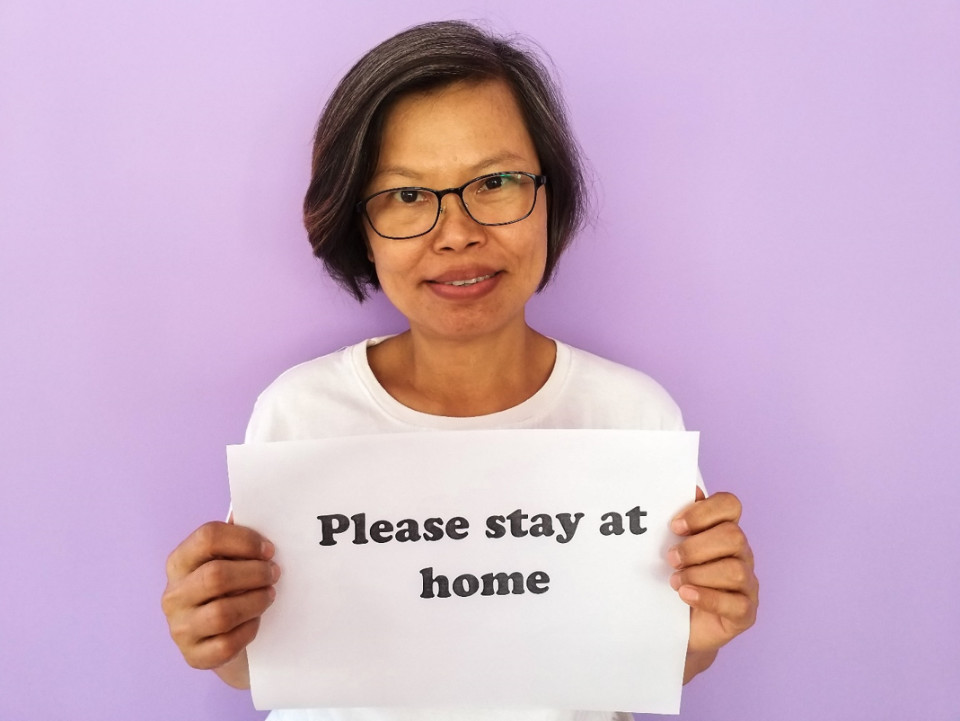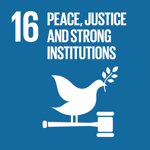From where I stand: About COVID-19, “most people cannot differentiate between true and false information”
Date:
Mi Kun Chan Non is the chairperson of Mon Women’s Organization, which helps empower the women of the Mon ethnic group in Myanmar.

![]()
We’ve had to postpone all activities to try and cope with COVID-19 response plans.
Social media has become very important in our strategy and we’ve had to rely on live streaming it on our channels on social media and using Messenger to communicate with women in our area. The key messages we’re stressing are on the preventive measures of COVID-19 and the symptoms to watch out for, and [we] are also continuously updating everyone on the current situation in Myanmar. Along with social media, we are also using communication materials such as posters and loudspeakers.
During this pandemic, the voices of women must be included in the decision-making process for COVID-19 response and implementation plans. In most cases, a woman is responsible for tasks at home, childcare and sometimes, they are also the breadwinners of the family.
We must also consider women in quarantine centres who have different needs compared to men. This impacts them differently and it is very important that a woman’s voice is heard during this crisis.
We’ve had one positive case near where I live and there have been several rumours and misinformation about COVID-19. Most people cannot differentiate between true and false information. Instead of quarantine centres being a precaution, they instead feel that they will be detained there.
Many are also not aware of the dangers of COVID-19 and they are still enjoying a normal lifestyle. Social distancing has also been difficult, and it has been hard for them, especially since they are unhappy with the rules and laws in place to protect them.
The biggest challenge has really been to get the attention of the community to the COVID-19 responses. This makes it very important for us to share frequent information with the community members and to help them manage their fears.”
Mi Kun Chan Non has been a women’s rights activist for more than 15 years and now is strongly advocating for women’s participation in Myanmar’s peace process. In 2012, she served as an observer at the peace talks been the Government and the New Mon State Party. In 2014, she received the N-Peace Award, of the United Nations Development Programme. She is based in Mawlamyine, capital of Mon State.
Mi Kun Chan Non also is the chairperson of the Steering Committee of Mon’s Women Network, whose seven member organizations have been working with UN Women on projects to advance the Women, Peace and Security Agenda in Mon State. This work, and Mi Kun Chan Non’s campaign on COVID-19, supports UN Sustainable Development Goal 3, on Good Health and Well-Being; Goal 5, on Gender Equality; and Goal 16, on Peace, Justice and Strong Institutions.
